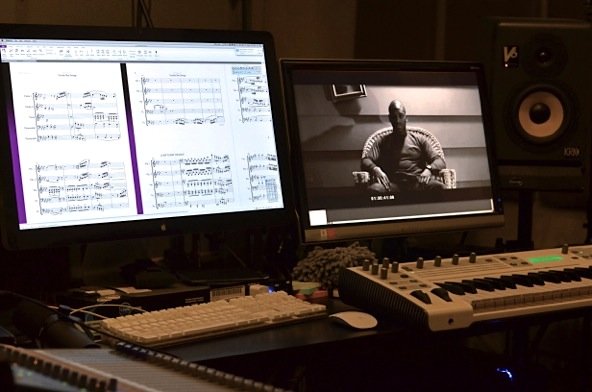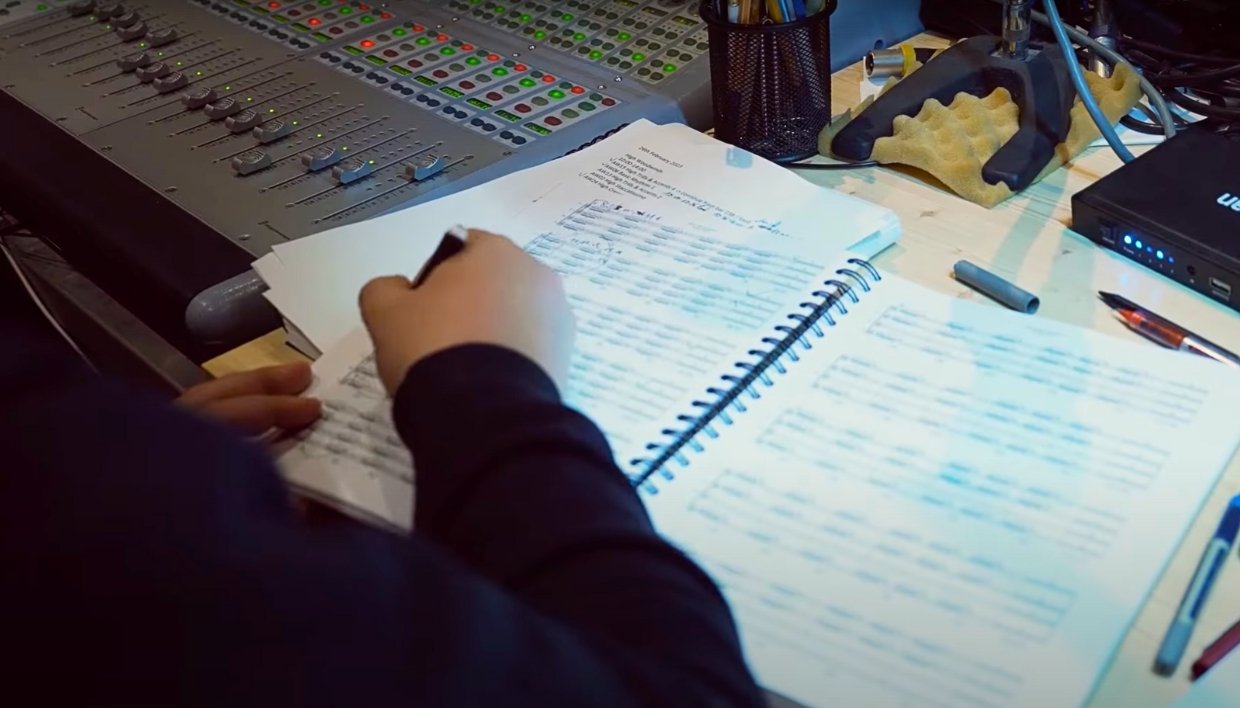Best Tips for Writing Movie Scores
Writing a movie score is an exciting challenge for any composer. Music plays a key role in setting the tone, emotions, and atmosphere of a film. If you’re looking for the best tips for writing movie scores, you’ve come to the right place. Whether you’re a beginner or an experienced composer, these tips will help you create music that enhances the movie experience and leaves a lasting impact on audiences.

Best Tips for Writing Movie Scores: Understand the Story
Before you start composing, it’s essential to understand the movie. The music should complement the story, not distract from it. By understanding the plot, characters, and themes, you can create a score that matches the film’s emotional tone.
1. Watch the Movie Carefully
The first step in writing a movie score is to watch the film carefully. Take note of important scenes and their emotions. For example, an intense action scene might need fast, energetic music, while a sad moment might require slower, more melancholic tones. Understanding the story helps you create music that enhances the viewer’s emotional connection to the film.
2. Discuss with the Director
Collaboration is key in film scoring. Talk to the director about the vision they have for the film’s music. Discuss what emotions and moods they want the score to convey. This will guide you in choosing the right instruments, melodies, and rhythms. Communication with the director helps ensure that your music aligns with their creative vision for the film.
Best Tips for Writing Movie Scores: Create a Signature Sound
Every great movie score has a unique musical identity. Developing your own signature sound is one of the best tips for writing movie scores that stand out. This sound can be achieved through your choice of instruments, motifs, and musical styles.
1. Use Leitmotifs
A leitmotif is a recurring musical theme associated with a character, place, or idea in the movie. By using leitmotifs, you can create a sense of continuity and connection throughout the film. For example, a love theme might play whenever two characters are together, or a specific motif could represent the villain’s presence. This technique helps reinforce key elements of the story through music.
2. Experiment with Instrumentation
The instruments you choose can make a huge difference in the mood of your score. A string quartet might evoke a sense of elegance, while brass instruments can create a feeling of power. Experiment with different combinations of instruments to find the perfect sound for each scene. This diversity in instrumentation will give your score depth and richness.
Best Tips for Writing Movie Scores: Focus on Timing and Rhythm
Timing is crucial in film scoring. Your music needs to sync with the action on screen, enhancing the mood of each scene. Understanding rhythm and pacing is essential for creating a score that feels organic and flows with the film.
1. Match the Music to the Film’s Pace
The best movie scores are those that match the pacing of the film. If the film has a fast-paced action scene, your music should be energetic and rhythmic. For slower scenes, more ambient music with drawn-out notes works well. Pay attention to the film’s rhythm and try to match it with your score, adjusting the tempo to fit each scene’s mood.
2. Timing Your Cues
Timing your musical cues perfectly is another essential tip for writing movie scores. The music should start and end at the right moments. Sometimes, music can underscore the action or emotions in the background. Other times, it can highlight key moments, such as a character’s reaction or a dramatic twist. Be mindful of where you place the music in the film to make sure it has maximum impact.
Best Tips for Writing Movie Scores: Use Music to Enhance Emotions
The emotional impact of a movie is often amplified by its score. Music can help the audience connect with the characters, experience their struggles, and feel their victories. Therefore, focusing on the emotional side of the score is one of the best tips for writing movie scores.
1. Create Contrast for Emotional Impact
Music is especially powerful when it contrasts with the action on screen. For example, using calm, peaceful music during an intense scene can heighten the tension. Conversely, using dramatic music during a quiet moment can create a powerful emotional impact. Use contrasts in your music to add complexity and depth to the emotional experience.
2. Build Musical Tension
Building tension with your music can heighten suspense in thrilling moments. Use dissonant chords, gradual crescendos, and unexpected pauses to keep the audience on edge. When done correctly, this musical tension will mirror the film’s dramatic moments, making the payoff even more satisfying when it arrives.
Conclusion
In conclusion, the best tips for writing movie scores include understanding the story, creating a signature sound, focusing on timing and rhythm, and using music to enhance emotions. By watching the movie carefully, collaborating with the director, and experimenting with instruments, you can develop a score that fits the film perfectly. With attention to detail and a focus on emotional depth, your music will elevate the movie and leave a lasting impression on the audience. Remember, a great score is not just background music—it is an integral part of the storytelling.



